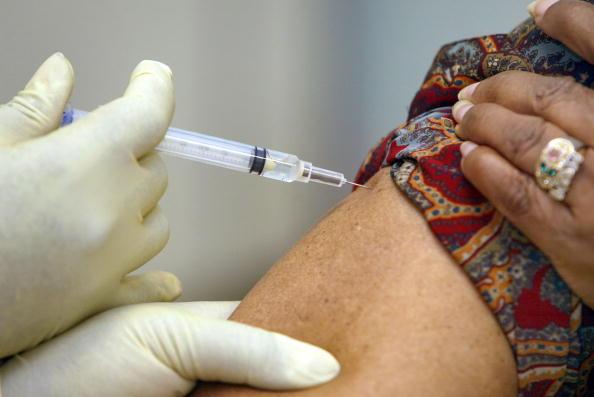Commentary
LONDON—You know something is wrong when on the same day two different British media giants, the respected Daily Telegraph newspaper and world-renowned broadcaster the BBC, make opposing pronouncements on their respective websites.

LONDON—You know something is wrong when on the same day two different British media giants, the respected Daily Telegraph newspaper and world-renowned broadcaster the BBC, make opposing pronouncements on their respective websites.